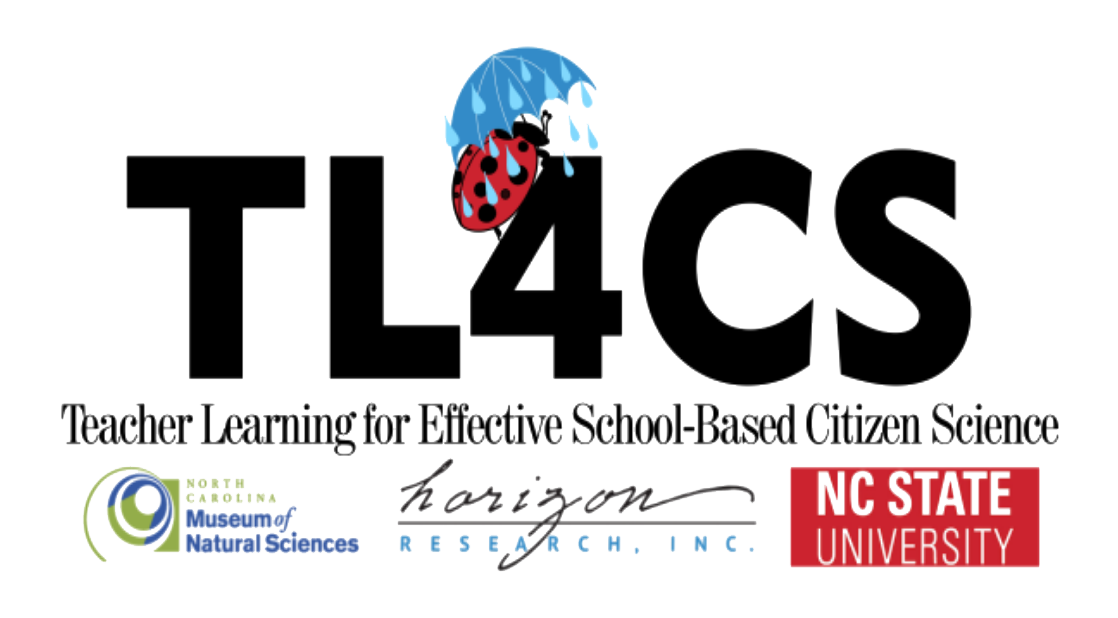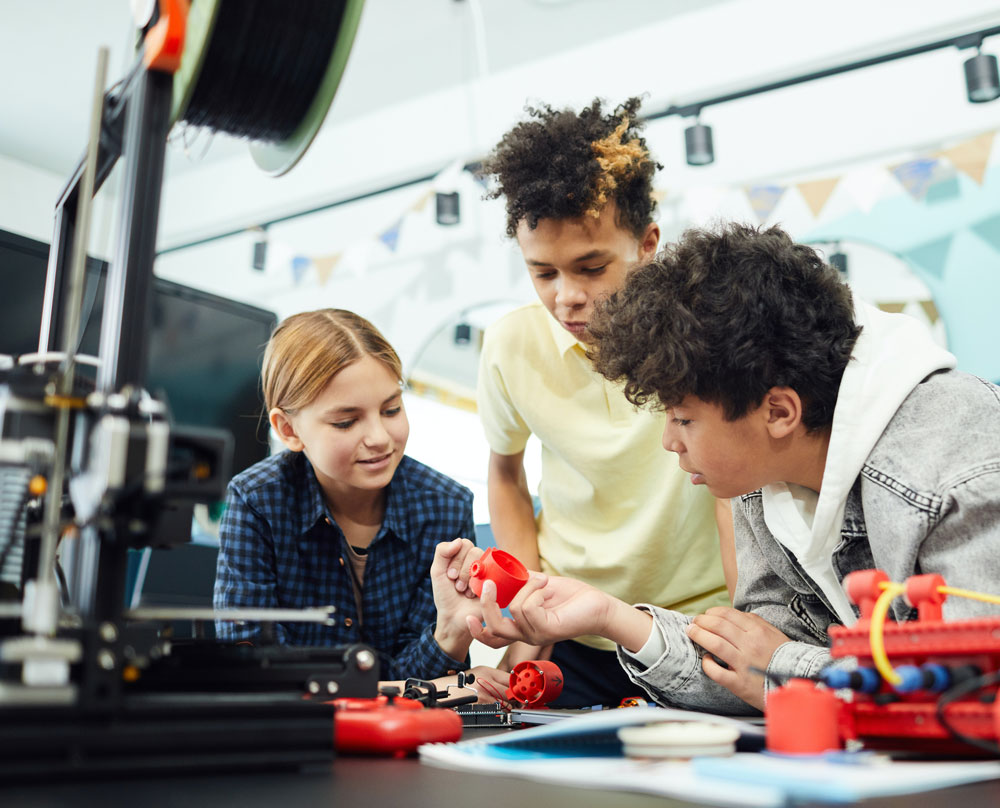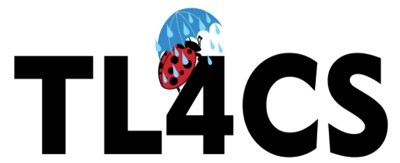
Are you looking for exciting ways to engage your 5th grade students in science? Have you wished you could teach science outdoors? Do you want quality, standards-aligned support materials created in collaboration with fellow North Carolina teachers that help you integrate authentic science into your classroom? Then TL4CS is for you!
What is TL4CS?
TL4CS stands for Supporting Teacher Learning for Effective School-Based Citizen Science, a National Science Foundation-backed project conducted by a team of North Carolina-based educators and researchers. Our goal is to discover what helps elementary school teachers bring citizen science into their classrooms to engage students with standards-aligned science content and practices. We have created a series of supports that can help you incorporate two citizen science projects into your instruction: the Community Collaborative Rain, Hail, and Snow Network (CoCoRaHS) project (focused on weather and precipitation), and The Lost Ladybug Project (focused on ecosystems and biodiversity).
What can I find on this site?
Our site is divided into two sections, one for CoCoRaHS and one for the Lost Ladybug Project. Each contains a suggested yearlong sequence of lessons (one per month) aligned with the project to support your planning. The resources are flexibly designed for you to use as you see fit and as a complement to what you’re already teaching in your classroom, not an add on. The materials include monthly activities to keep your students engaged in the projects throughout the school year, guidance on collecting high-quality data for scientists, supports for interdisciplinary connections, media resources to use with students, content sources for deepening your own understanding, and examples of how this might look in practice.
Why should I include a project like this in my instruction?
Incorporating citizen science projects into the classroom offers students an opportunity to authentically participate in science. They are able to collect and analyze data that are relevant to them and their local communities while also sharing what they discover with real scientists who use their data to advance our understanding of our world. We know from our work that this is a great approach to doing science in K-12 classrooms, but don’t take our word for it! Teachers involved in our project had this to say:
“Every morning, students are excited to check the rain gauge!”
“Students enjoy the responsibility of going outside to collect data.”
“All of the data analysis that you can do with CoCoRaHS is going to be so important with these new standards
because there is so much data analysis (graphing, tracking, and comparing things) that the kids will have to do.”
“My students developed an obsession with ladybugs, and it has been so cool to see their excitement.”
What’s the difference between TL4CS, CoCoRaHS, and the Lost Ladybug Project?
CoCoRaHS and the Lost Ladybug Project are citizen science projects that are independent from the TL4CS project. Each has their own website where all participants will enter and access data, and their resources are aimed largely at non-school participants. TL4CS offers additional materials for each of these projects beyond what is available on the citizen science project websites, designed specifically with teachers and students in mind. Our team worked with current North Carolina teachers every step of the way to ensure that our materials provide what you need to get started in either project!
What is Citizen Science?
Citizen science is a partnership between the public and professional scientists to answer scientific questions together.
Often called community science or public participation in scientific research, citizen science projects use a highly collaborative approach to science that invites everyone to participate in the research with at least one professional scientist ensuring accurate data collection and high-quality results. Citizen scientists are an essential part of this type of science and generate new information that contributes to real scientific research efforts. In fact, the work often cannot be done at all without citizen scientist participation! Citizen scientists make it possible to collect data at very large spatial and temporal scales. Citizen science projects have a great track record of producing high-quality results while inviting everyone, regardless of their level of prior experience with science, to participate in authentic scientific research.

TEDxgreensboro: Caren Cooper
Citizen Science: Everybody Counts
Caren Cooper is an Associate Professor in Forestry & Environmental Resources at NC State and the author of “Citizen Science: How Ordinary People Are Changing the Face of Discovery.”
